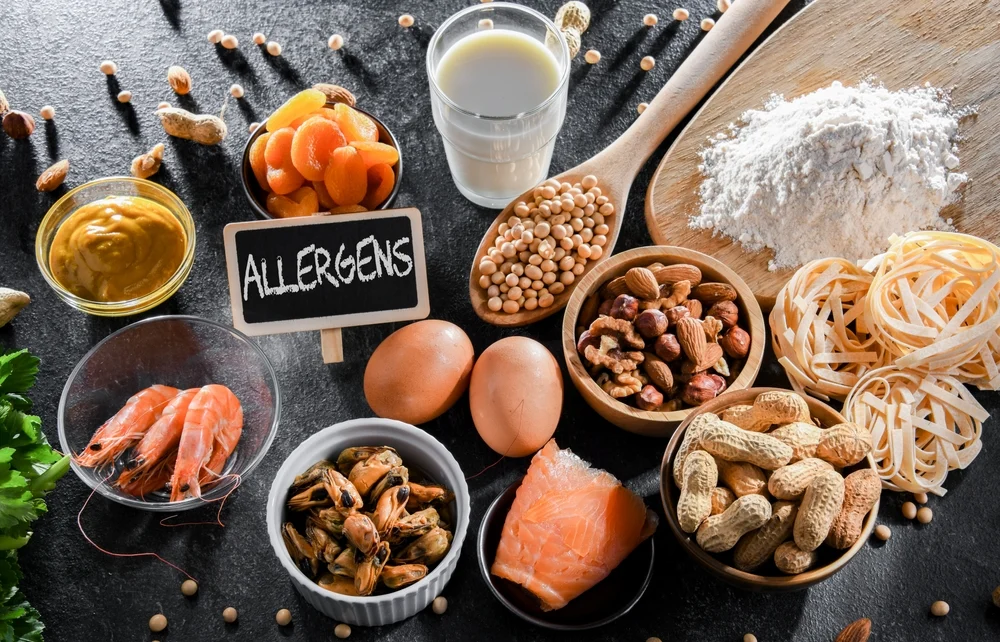The best employees put time and effort into professional development and absorbing information that helps them with their job. It doesn’t matter if you’re a lawyer, doctor, truck driver or food handler—the more you know how to do your job properly, the better off you’ll be.
Food handlers, for example, need to be encyclopedias of food safety knowledge. Being able to identify which foods cause the most problems for people with allergies is paramount. In honor of this, here are 10 of the most common food allergens you need to know.
-
Peanuts
One of the most prevalent allergens, even a small amount of peanuts can trigger a severe reaction—including the potential for death. As food handlers, it’s crucial to be diligent in avoiding cross-contamination with dishes that contain peanuts. Furthermore, dishes or ingredients should be clearly labeled if they have a prevalent allergen like peanuts.
-
Milk
This one is tricky because it can be in so many dishes. Whether pre-made or from scratch, your dishes should be completely absent from the presence of milk if someone is allergic to it. This includes butter, cheese, whey and a wide variety of other ingredients.
-
Eggs
Eggs may be versatile, but they’re also allergenic. Proper labeling and handling are essential to accommodate individuals with egg allergies. Double and triple check your dishes for this ingredient, as this food allergen can be overlooked.
-
Wheat
Those with celiac disease and other sensitivities may not be able to tolerate wheat. As a staple in many diets, it can be found in a variety of products, especially breads. Be mindful of this if any patron mentions a wheat allergy.
-
Soy
Present in numerous processed foods, soy is a common allergen. Be aware of using soy-based ingredients and offer suitable alternatives for customers with soy allergies.
-
Fish
As with many ingredients on this list, fish allergies can range from mild to severe. To prevent allergic reactions, avoid serving any dishes with fish (or dishes that may have come into contact with fish) to guests who want to avoid it.
-
Shellfish
Fish and shellfish aren’t the same. If a patron mentions an allergy to shellfish, that means they can’t consume crustaceans like shrimp, crab and lobster, as well as mollusks like clams and mussels. Clear labeling and avoiding cross-contamination are important here as well.
-
Sesame
A growing concern, sesame allergies can be triggered by both baked goods and savory dishes. Food handlers must be attuned to its presence if a customer has a sesame allergy.
-
Tree Nuts
Peanuts aren’t the only nuts that cause allergy problems. From almond and walnuts to cashes and more, take precautions to prevent these ingredients from reaching a customer with a tree nut allergy.
-
Fruits
There are so many more potential allergens, but they are less common than the list above. These include bananas, peaches, kiwis, passion fruit, avocado and more. At the end of the day, if a customer says they have a food allergen, do everything you can to ensure their dish isn’t contaminated with its presence.
If you’re looking to increase your food safety knowledge and awareness of food allergens, consider signing up for a food handler course with American Course Academy today.

